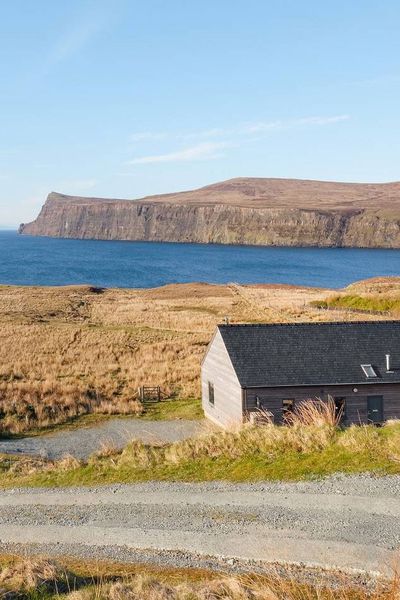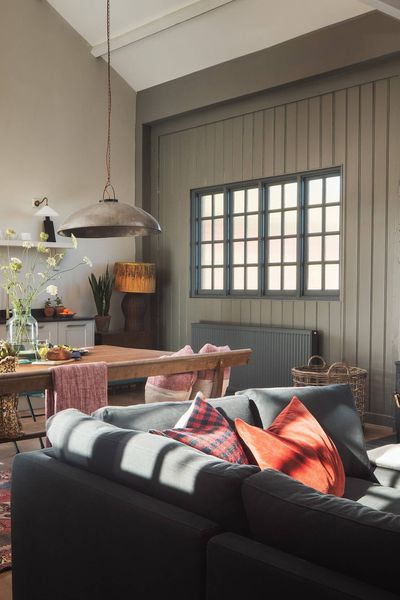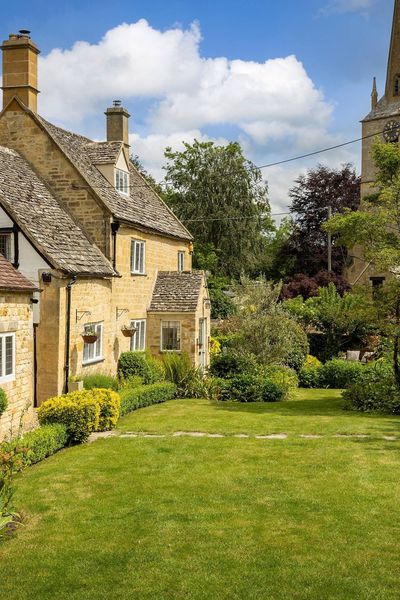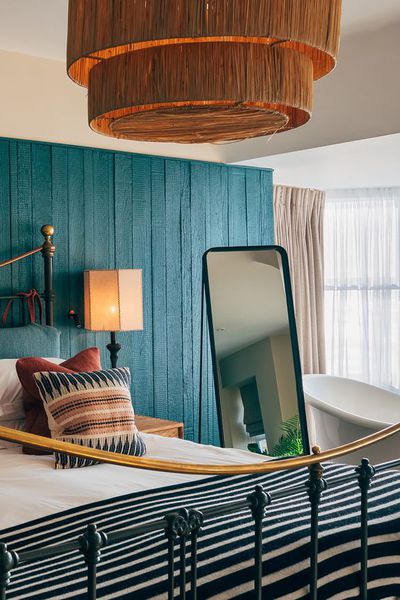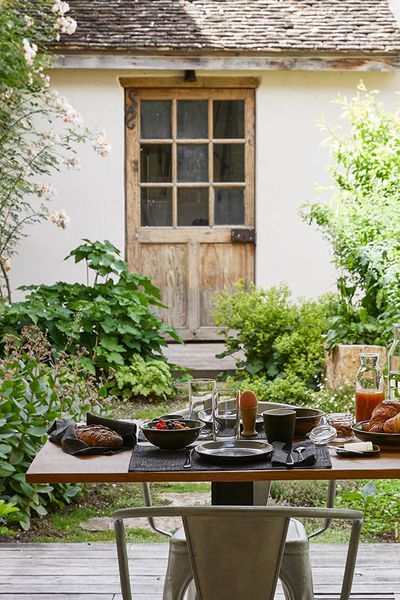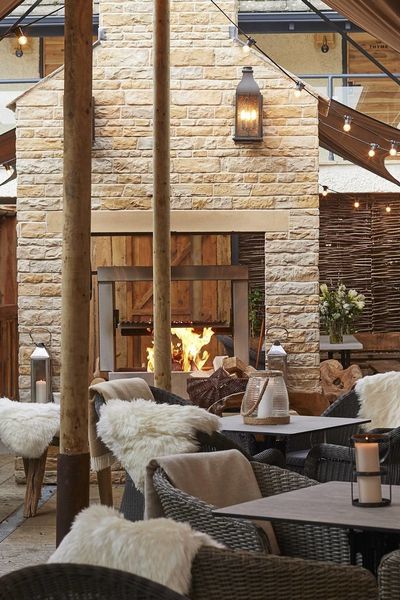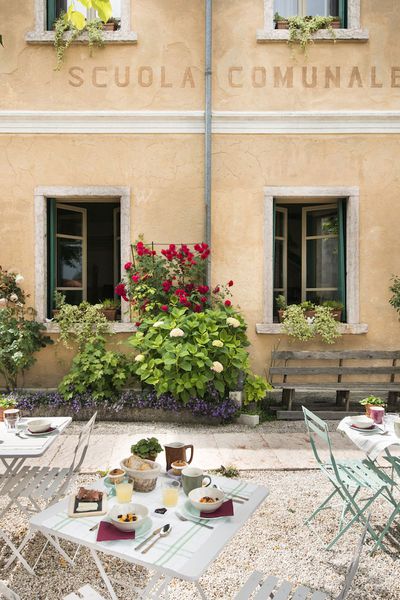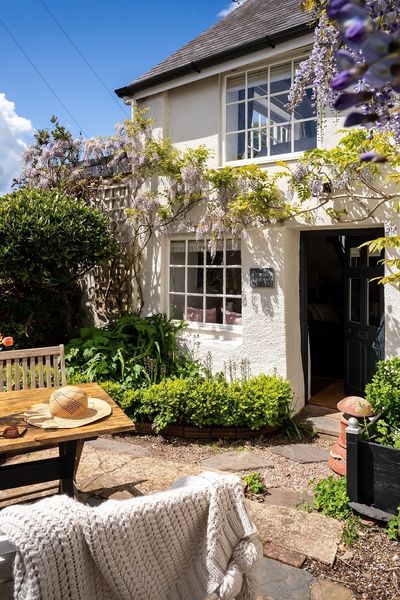Answering your questions about Heat Pumps
We’re keen to encourage all our owners to heat their homes effectively, efficiently and with care for the environment, but with a range of technological and pricing options available, it can be difficult to know where to start. To get the lowdown on heat pumps, an increasingly popular low-impact solution, we spoke to Good Energy, a fellow B Corp and the leading voice in sustainable energy.
Is a heat pump right for me?
A heat pump can be more efficient than a gas boiler and is far better for the planet, so from that point of view, yes. It’s not yet possible to fit them on all properties though, so it’s worth getting in touch with Good Energy to talk through your requirements.
Should I go for a ground source or air source heat pump?
Ground source heat pumps are far more expensive and disruptive to install, requiring the digging of trenches and drilling of boreholes. They are probably only a cost-effective option if air temperatures in your area are frequently so low that an air source heat pump could not function. This is unlikely to be the case in the UK.
How much does it cost to install a heat pump?
The national average cost of installation is around £5.5k (at time of writing, Sep 24). For many owners, there are grants available that will bring the cost down to around the same as the purchase and installation of a gas boiler.
How much do they cost to run?
Thanks to the current price of electricity, running costs for a heat pump mean that you need around 280% efficiency to break even, but a well-designed system is more than capable of achieving this rate.
Can I still heat my home the same as I would with a gas boiler?
Yes, you can. Heat pumps function similarly to boilers, heating your radiators and hot water under the control of a thermostat. The difference is that a heat pump constantly provides warmth throughout the day, as opposed to a boiler which is usually scheduled to work in bursts.
Will I need to replace my radiators?
Possibly. Heat pumps provide steady heat at a lower flow temperature than gas boilers. This can mean that you need larger radiators to get the same amount of heat into your home. With many radiators being sited under windows, this can mean replacement and relocation, but an assessment of all this will be made before installation begins.
Will I need to get a hot water cylinder?
Yes, you will. Heat pumps cannot heat water on demand like combi boilers, so require a cylinder in which water can be maintained at a high temperature. There are cylinders specifically designed to be used with heat pumps, which have large coils and are extremely efficient. Even in busy homes, a hot water cylinder will provide enough water for daily usage and only takes around half an hour to reheat if it does get emptied.
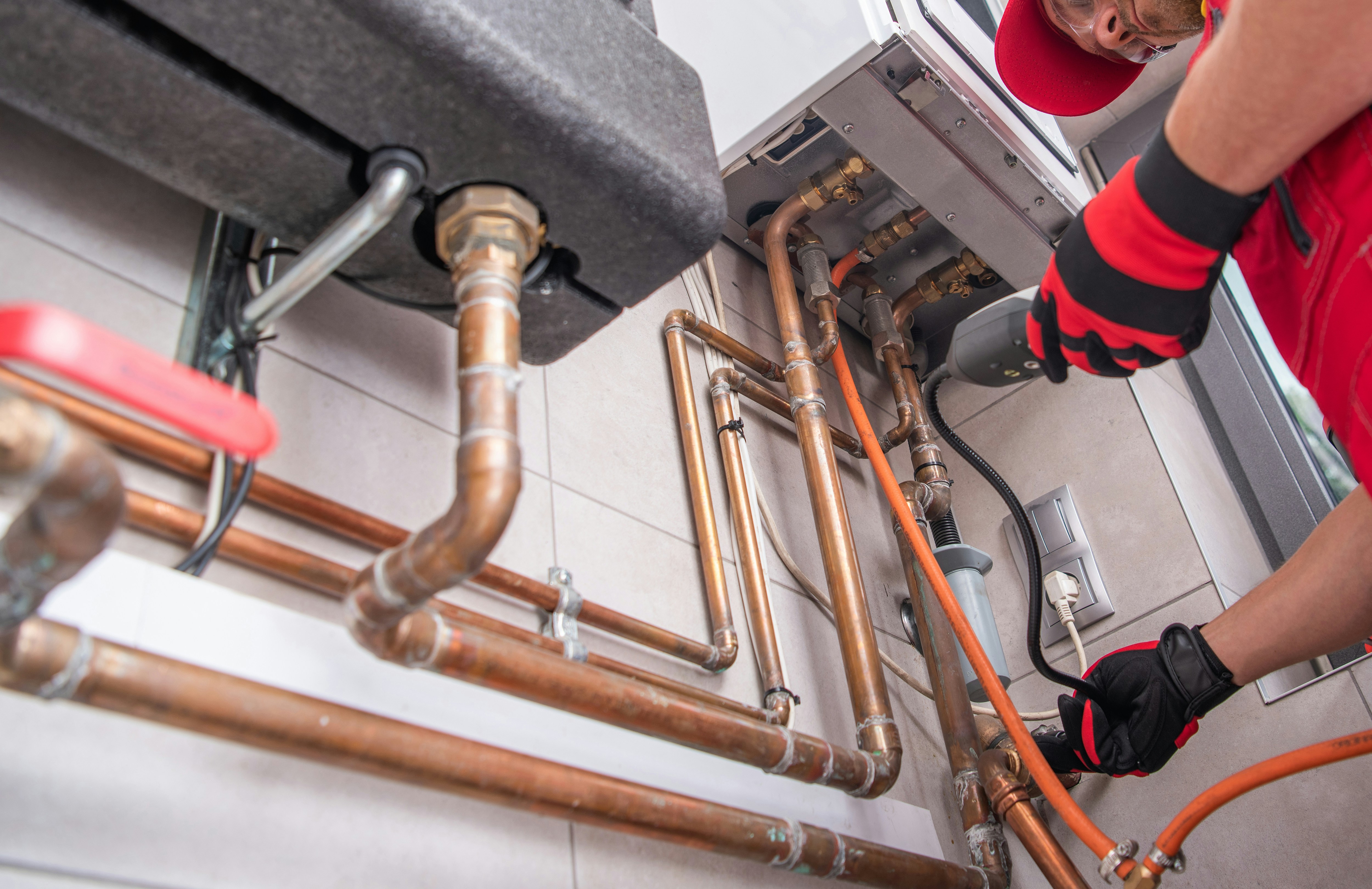
Is a water cylinder hygienic?
HSE guidelines state that a hot water cylinder must be heated to 60 degrees C once a week to ensure that it remains free of bacteria. All providers will set the system to do this for you.
Will a heat pump work in cold weather?
Heat pumps work by allowing a refrigerant to expand and absorb energy from the air. That refrigerant has a boiling point of -52 degrees C and will function effectively in temperatures as low as –20 degrees C. Many houses in Norway have heat pumps and their winters are far colder than ours!
Can I install a heat pump on an old house?
Yes, heat pumps can be installed on older homes and, while you might hear that you’ll need lots of insulation to make them work well, this is true for all boilers. An assessment of your home’s efficiency should be part of the consideration even if you were replacing your gas boiler.
How long will it take to install a heat pump?
From quote to the first gentle warmth floating through your house can take a couple of months. This includes the time to survey your home, schedule installation and give you a chance to examine all the options. If you know exactly what you want and have time constraints, the process can be expedited, subject to availability.
Is installation disruptive?
The process will take about a week and involve a team of engineers and electricians. It can take longer if new pipes or modifications to your existing heating system are required, but this will all be made clear during the quote stage. If the work is taking place in winter, the Good Energy team will supply you with heaters for your home during the installation and can also install the water cylinder first, so that you have hot water as soon as possible.
Are they noisy when running?
Not really. Early heat pumps were, but the tech has come a long way in a short time. Decibel ratings for appliances are extremely unreliable, as so much of the sound you hear from a device is based on the surroundings, but regulations stipulate that the heat pump compressor (the main source of noise) must be 40-65 decibels within a metre. For context, normal conversation is usually put at around 50-60 decibels. What’s more, as heat pumps are outside, you won’t normally hear them at all.
Are heat pumps reliable?
Heat pumps last for about 20 years and are at least as reliable as gas boilers and far outperform the notoriously fragile combi boiler. They aren’t infallible, but Good Energy provide monitoring, diagnostics, a ten-year parts warranty and a remote system that may be able to repair any faults without a call out.
Our partnership with Good Energy
We’ve partnered with fellow B Corp and the leading voice in ethical power supply, Good Energy, to help all our owners move towards renewable energy. There’s no financial gain to the partnership for them or us, we just share a commitment to fighting the climate crisis. The only saving is for you, the owners of our properties. Read more about the partnership and discounts for our owners here.
